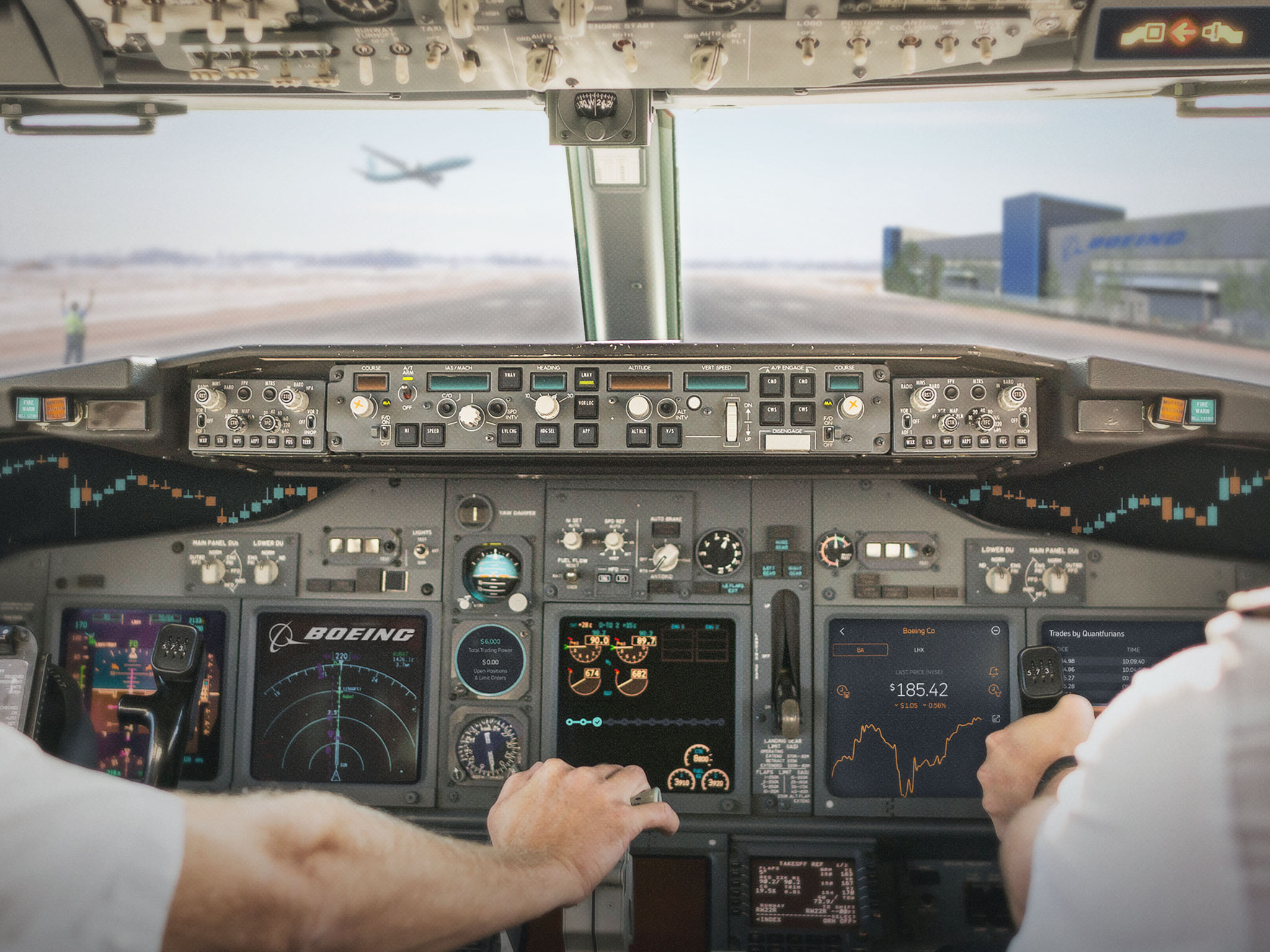Many analysts believe that beleaguered aerospace giant Boeing (NYSE: BA) is on the mend after ten years of turmoil.
CEO Kelly Ortberg seems to be moving the company back to its historical focus on engineering and away from its more recent focus on short-term profits. He has implemented a cost-savings program that includes a 10% workforce reduction.
Also, the company is working to improve risk and supply-chain management and to address safety issues. Ortberg acknowledges that the corporate culture needs to change.
But the bad news just keeps on coming. Boeing scored a $3.9 billion contract in 2018 to build a new plane for the US President—Air Force One. The plane was supposed to be completed last year, but now it probably won’t be ready for another 10 years or so, sources tell The Wall Street Journal.
While it’s not a simple project, the new presidential jet is billions of dollars over budget and has suffered from supplier, engineering and manufacturing woes. Thanks to the delay, President Trump has commissioned a temporary-replacement plane—a used one—from L3Harris (NYSE: LHX), The Journal reports.
You’re probably familiar with Boeing’s troubles through the years—deficiencies with its 787 jumbo jet, crashes killing 346 people on its 737 Max in 2018-19, a machinist union strike last year and plenty of other snafus.
The latest pitfall: tariffs
Now the concern is tariffs. Foreign countries represent about 70% of Boeing’s planned commercial deliveries, with China accounting for 10% alone, according to The Journal.
If those countries respond to Trump’s tariffs with levies of their own, that could curb foreign demand for Boeing’s jets. Also, 80% of the company’s parts spending goes to foreign suppliers, and US tariffs will make those imports more expensive.
To be sure, not everyone is concerned about the tariff issue. “Boeing’s $460 billion aircraft order backlog will offer flexibility to direct deliveries away from tariffs,” writes Morningstar analyst Nicolas Owens. Meanwhile, “its pre-tariff supply inventory and plentiful net aircraft exports can mitigate most of the cost pressure that tariffs could place on imported inputs.”
The underlying issue for Boeing is cultural: its shift from an engineering culture to a short-term profit culture that began in 1997. Ortberg appears to be fixing that.
And the company’s loss narrowed 91% in the first quarter from a year earlier to $31 million. However, success will take time and isn’t guaranteed.




Comments